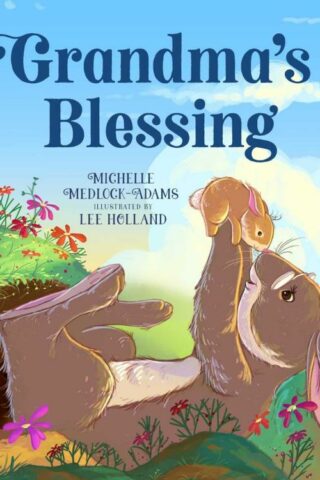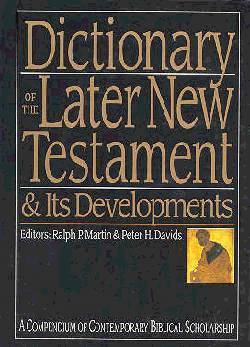Peter Davids
Showing the single result
-
Dictionary Of The Later New Testament And Its Developments
$74.99Preface
How To Use This Dictionary
Abbreviations
Transliterations
List Of Contributors
Dictionary Articles
Scripture Index
Subject Index
Articles Index
1290 PagesAdditional Info
1998 GOLD MEDALLION WINNERThe Dictionary of the Later New Testament and Its Developments follows the Dictionary of Jesus and the Gospels and the Dictionary of Paul and His Letters as the third in a celebrated series of reference works on the Bible. Picking up where the previous volumes left off, this volume includes in its scope the book of Acts, the general epistles of Peter, James, Jude and John, and the books of Hebrews and Revelation. This Dictionary is without peer in its in-depth coverage of the most neglected books of the New Testament.
In addition to its coverage of this New Testament literature, a unique and valuable feature of this dictionary is its extended coverage of developments in early Christianity through A. D. 150. Some articles, such as those on each of the apostolic fathers, focus exclusively on this post-apostolic period. But nearly all topical articles take into consideration the writings of the apostolic fathers. Readers will enjoy a deeper and expanded understanding of how orthodox Christianity continued and developed in the years just following the New Testament era. No other single-volume reference work provides comparable coverage and assessment of the early patristic era and its theology.
Add to cartin stock within 3-5 days of online purchase











